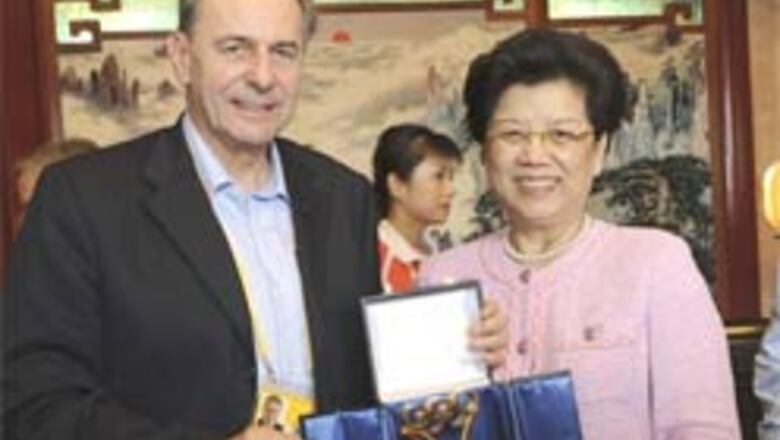
views
Beijing: International Olympic Committee (IOC) President Jacques Rogge made no deal with Beijing Olympic organisers over Internet censorship, a senior IOC official said on Saturday.
Kevan Gosper, an IOC executive board member, said he had been personally assured in a meeting with Rogge that no deal to block controversial websites had ever been agreed.
"We were able to clarify at a most senior level ... there was absolutely no shift that had occurred," Gosper told reporters, referring to a long-held IOC policy that media should be given full access to report the Games.
Gosper said he met with Rogge after the IOC President had arrived in Beijing.
Journalists arriving here last week to cover the Beijing Games found access to a wide array of Internet sites, including western news organisations and human rights groups, was blocked.
But after talks between the IOC and the Beijing Olympic organising committee (BOCOG) on Thursday, several sites were unblocked.
However many sites remain inaccessible, including those linked to Chinese dissidents, the outlawed Falungong spiritual movement, the Tibetan government-in-exile and sites with information on the 1989 Tiananmen massacre.
Gosper told reporters on Saturday the IOC and BOCOG have set up a working group to examine which censored websites can be opened up to reporters.
Gosper described the process as a "work in progress" after a week of controversy over the constraints on reporters' Internet access, but the Australian said he was hopeful of increased access.
"We believe we are moving to a point where you will be in a position to report in an unfettered way," Gosper said, adding there will always be a debate over whether a country's own regulations meet international expectations.
Earlier in the week, Gosper, an IOC member for more than 30 years, said that senior organisers knew some sensitive sites would be blocked and apologised to reporters.
This was later clarified by IOC spokeswoman Giselle Davies, who said that BOCOG, when referring to Internet restrictions in previous meetings, had spoken only of pornographic sites and sites sensitive for national security reasons.










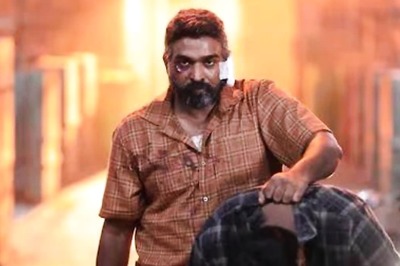
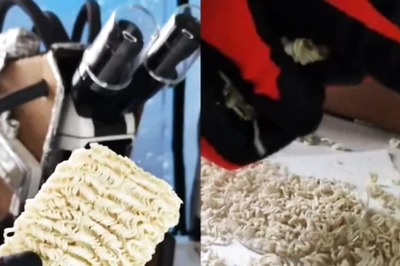
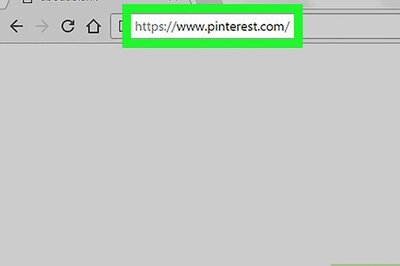

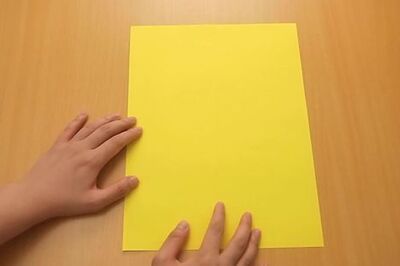


Comments
0 comment